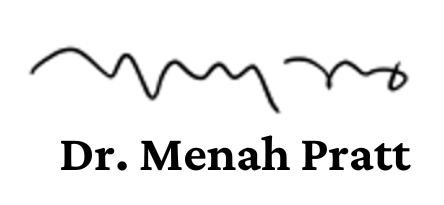Voting and Belonging
November 8, 2022
As the 2022 mid-term elections are upon us, I am reminded of how the ability to cast a vote for representation has always been a contested one that speaks powerfully to who belongs and who matters.
The first voters were an elite minority of land-owning, Protestant, white men. Their decisions governed how all people would live—who would prosper, thrive, or merely survive.
Over time, laws restricting access to the vote lifted exclusions based on religion and then land-ownership. For a brief period, from 1870-1890, the 15th amendment granted African American men the right to vote until Jim Crow violence and suppression prevented many African American men from accessing that right. The 19th amendment granted women the right to vote in 1920, although it was primarily white women who benefitted. In the meantime, voting laws continued to exclude Asian Americans until 1952 when they were allowed to apply for citizenship, and Indigenous peoples until 1958 when North Dakota became the last state to remove legal barriers to voting.
The Voting Rights Act of 1965, one of the most far-reaching pieces of federal legislation ever enacted, removed barriers such as literacy tests and poll taxes that prevented poor people and people of color from exercising their rights as citizens. But the victory of the Voting Rights Act, as with every advance in our democracy, occurred not as a gift from those in power but as a long struggle by the disenfranchised, what Professor Vincent Harding described as “the other American revolution.”
It is important to acknowledge how recent the passage of the Voting Rights Act is, and how the generational impacts of disenfranchisement continue to reverberate in 2022, as well as in recent state and local legislation that continues to impact and affect voting rights.
It is also important to remember that some United States citizens are still unable to vote:
People who served time for felonies;
People who are homeless, or who use a P.O. box rather than a street address, such as Native Americans living on reservations;
People lacking transportation, who are more likely to be low income, disabled, or elderly;
People living in areas where election materials are only available in English; where voter rolls are often purged without explanation; and where polling sites are closed, or have reduced hours, or have voting machines that malfunction often in places whose citizenry are predominantly Black and Latino.
And then there are the people who choose not to vote—because they feel that they are living in a country that is not their own, that they have no voice, that their vote is not enough to make a difference.
Too many citizens, whether by circumstance or choice, are excluded from full participation in the democratic life of our nation. I feel it is important to recognize these citizens, if not by name, then by the conditions of their exclusion. Yet, we should often remember those who are the most vulnerable in our society—people whose lives are imperiled when their voices aren’t counted.
After the votes are tallied and we reckon with the outcome, whatever it may be, let us renew our commitment to the principles of democracy. By this I mean, let us do the work to ensure that those most at risk of disenfranchisement are brought to the center.
We can begin by looking into our own community at Virginia Tech:
Whose voice counts? Whose doesn’t? Why not? What do we lose by not listening carefully?
With thanks to Michele Deramo, who often thinks deeply and reflectively about what it means to belong and how to practice belonging and inclusion as the associate vice provost for diversity education and engagement. Looking for a way to make a difference around these issues of diversity, inclusion, belonging, and equity?
Sign up for the InclusiveVT capacity-building courses at
https://www.inclusive.vt.edu/education/cbc.html
Help celebrate and recognize Native American and Indigenous Heritage Month:
https://ccc.vt.edu/calendar/American_Indian_Heritage_Month.html
If you have questions, email us at inclusivevt@vt.edu




